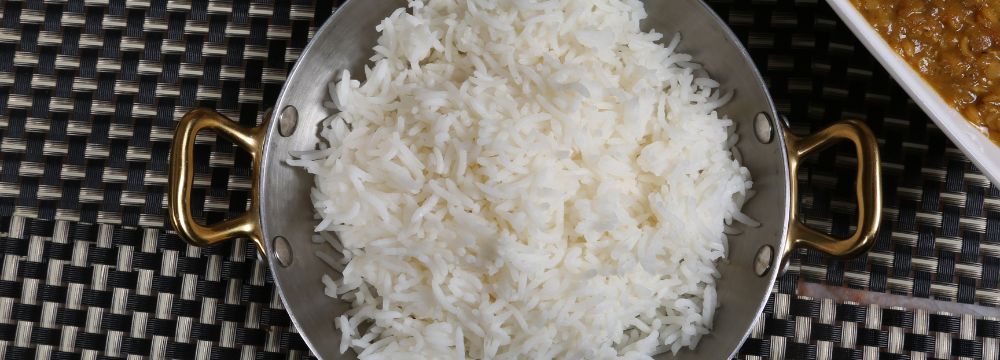Diet
We’ve all been there. Drowning in vats of cabbage soup, eating fat-covered-fat with no trace of carbs, cleansing, and juicing like we had our own Netflix special. And all of that after we meticulously counted calories like an actuary, and sweated to the oldies, the 80s and today.
Guilty as charged. Victim of the fad diet.
But what does a fad diet really mean, and can it be that bad for you if “everyone else” is doing it? The easy answer is yes.
Fad diet are diets, that, on paper, are short term and promise to yield quick fixes on the scale. In most cases, they do yield results. Some of them, at seemingly warp speed. But there are several factors to consider when looking at how sustainable these diets are over the longer-term.
It’s virtually guaranteed that you didn’t gain your excess weight in six weeks. If you did, make an appointment with your physician right away because extreme weight gain in that short period of time is something that needs to be discussed with a medical professional. But it’s likely, like most of us, that the extra weight built up over time. The body begins to adapt to this new size, hormonal changes, a new metabolic state, and even craving for excess calories. So, in short, what happened over the years cannot, and should not, be reversed in a matter of weeks.
But everyone says if I only drink smoothies, I’ll look like I did when I was 24.
Most extreme behavior will yield an extreme result. But in diet, exercise and wellness, sustainability is directly linked to moderation and consistency. Most people can stay on a fad diet for a few weeks, but then not only do biological cravings kick in, but we as humans get bored. We start to add a mental component, feeling deprived, punished, and angry that we need to do this thing to begin with. When we don’t see weight loss as behaviors that will build us into a better version of ourselves, we see it as a chore. A burden that separates us from the “not-overweight,” and a resentment can build and can take you out of the game before you even get a chance. That’s the mental component.
Nutritionally, fad diets most often do not sustain or support the needs of your body. Some lead to dehydration, while others a dramatic deprivation of sodium, and yet others are too LOW in calories. But isn’t that the point? If your body detects extreme deprivation, it is designed — over millions of years — to protect itself from whatever abuse and hardship you’re about to encounter. This is our hardwiring. This is our default program, and while it may sound like a glitch, it is in fact an incredible preservation mechanism to keep us protected during times of intense nutritional challenges. And these fluctuations imprint in our finely tuned bodies. Your metabolism takes a hit. It starts to understand that you are riding the get-rich-quick scheme of diets, the fad diet roller coaster, and it tightens the belt just a little more. You are doing more damage to your metabolism by riding this wave of restriction and deprivation because your body remembers the last time and prepares for your failure.
The Peer Pressure Component
Peer pressure can keep you in the game for a bit. She’s doing it, he’s doing it, she looks great, it all feeds into us dialing the number on the infomercial or buying the month of powdered foods to get us to the goal. But very rarely does it work so seamlessly.
Peer pressure might get us in, but don’t forget that peer pressure can get us out just as quickly. We are social creatures. We may be sustaining on a life of shakes, but there are happy hours, office parties, birthdays and family dinners that are bound to derail us from lifestyles so extreme. Fad diets are about what you can’t do. Creating a sustainable lifestyle program that considers life’s social and emotional milestones, is a more grounded way to look at eating.
If you’ve trained your mind and body to understand that dieting is very much work-hard-play-hard, that it isn’t all or nothing, that this isn’t the big break up with food forever, then you start to relax. You relax and understand that you can build a sustainable way to look at food that will not only benefit you on the scale, but that will mentally and emotionally support you when things get rough in life. And they will. But now you will understand that like everything else you can get through this. You will not derail, because derailing from moderation – a bit of everything – is harder than derailing from a restrictive fad diet.
Finally, a big reason fad diets fail is the very nature of a fad diet – something quick. So, something quick, naturally, will have an end. If you’re OK with that, and you understand that this will likely not carry you through to reach your goal, then you will not be surprised when you’ve quit the fad diet in 3 weeks.
So, it’s clear, that a fad diet is a quick way to rattle your metabolism, make you hangry, and cause your body to trust you just a little less. Taking a more measured approach, and playing long game is the only way to make permanent and sustainable changes that will build into the physical, mental, and emotional changes you want in your life.










